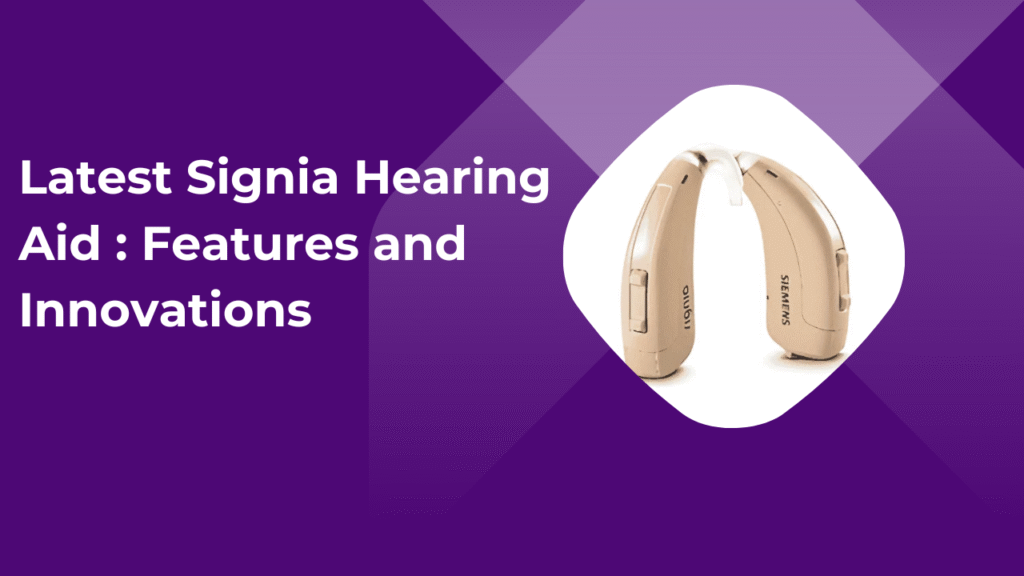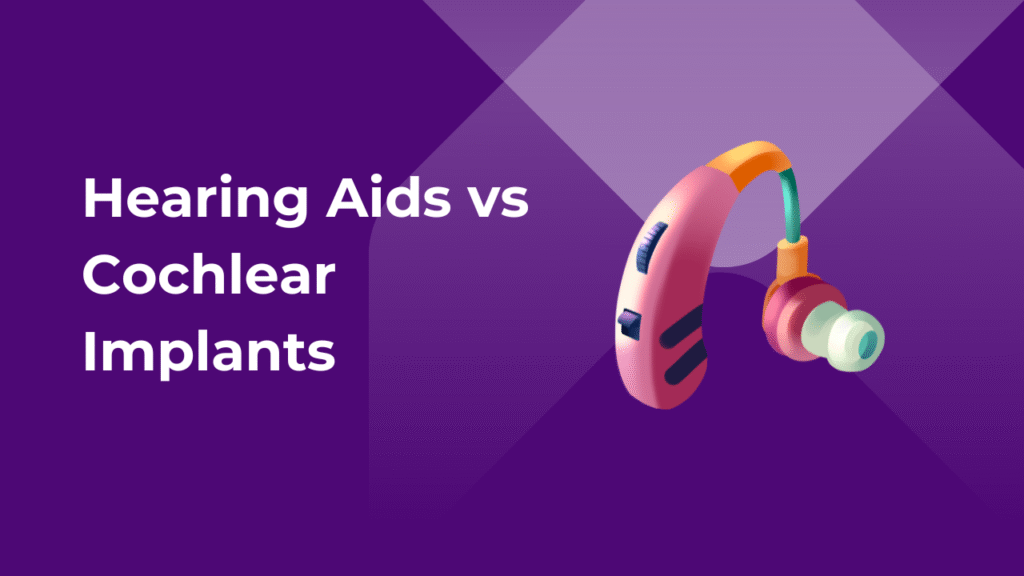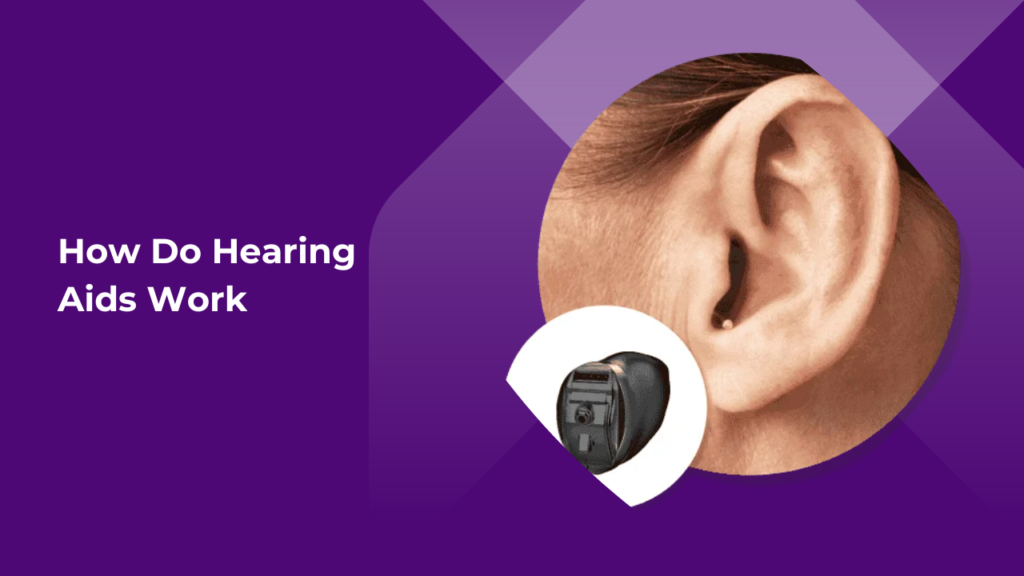Hearing is one of our most essential senses, connecting us to the world and people around us. Understanding the importance of hearing tests can help us maintain this crucial aspect of our health. So, who needs hearing tests? The answer might surprise you.
What Are Hearing Tests?
Hearing tests are assessments designed to evaluate an individual’s hearing ability. These tests can detect various degrees and types of hearing loss. By understanding how hearing tests work and their purpose, we can better appreciate their role in our health.
Types of Hearing Tests
Pure-Tone Testing
Pure-tone audiometry is a standard hearing test that measures a person’s ability to hear different pitches and volumes. During this test, you wear headphones and listen to sounds at various frequencies. The test is simple and painless, providing a clear picture of your hearing thresholds.
Benefits of Pure-Tone Testing
- Quick and straightforward
- Accurate detection of hearing loss levels
Speech Testing
Speech audiometry evaluates how well you can hear and understand speech. This test is crucial because understanding speech is often more important in daily life than detecting pure tones. You’ll repeat words spoken at different volumes to gauge your speech recognition ability.
Benefits of Speech Testing
- Reflects real-world hearing challenges
- Helps in fitting hearing aids
Tympanometry
Tympanometry tests the function of the middle ear. By varying air pressure in the ear canal, it can detect problems like fluid behind the eardrum or perforations.
Benefits of Tympanometry
- Identifies middle ear issues
- Non-invasive and quick
Auditory Brainstem Response (ABR)
ABR testing measures the brain’s response to sound. Electrodes placed on the head track the neural activity in response to auditory stimuli. This test is particularly useful for diagnosing hearing issues in newborns or those unable to participate in standard tests.
Benefits of ABR Testing
- Objective assessment
- Useful for all ages
Otoacoustic Emissions (OAEs)
OAEs test the inner ear’s response to sound. A small probe placed in the ear canal emits sounds and measures the echoes produced by the inner ear. This test is often used for newborn hearing screenings.
Benefits of OAE Testing
- Quick and painless
- Effective for early detection
Specialized Hearing Tests
Behavioral Audiometry
Behavioral audiometry is tailored for children and non-verbal patients. It observes their behavior in response to sounds, ensuring that everyone, regardless of age or ability, can have their hearing assessed.
Electrophysiological Tests
These tests provide a detailed analysis of the auditory pathways and are used when more information is needed beyond standard hearing tests.
When to Get a Hearing Test?
It’s essential to recognize when a hearing test might be necessary. If you experience difficulty hearing conversations, frequently ask others to repeat themselves, or notice ringing in your ears, it’s time for a hearing check. Regular check-ups, especially as we age, are crucial for maintaining hearing health.
Preparing for a Hearing Test
Knowing what to expect can ease any anxiety about a hearing test. Typically, the process involves discussing your medical history, followed by the tests themselves. To ensure a successful test, make sure your ears are clean and avoid loud noises before your appointment.
Interpreting Hearing Test Results
Understanding your audiogram, a chart that shows your hearing thresholds, is crucial. Your audiologist will explain the results, discuss any hearing loss detected, and suggest appropriate treatments.
Treatment Options Post-Diagnosis
If a hearing loss diagnosis is made, several treatment options are available. Hearing aids are common and come in various styles and technologies. Cochlear implants might be an option for severe hearing loss. Assistive listening devices can also enhance your hearing experience in specific situations.
Preventive Measures for Hearing Health
Protecting your hearing is vital. Avoid exposure to loud noises, use ear protection in noisy environments, and maintain healthy hearing practices to prevent future hearing loss.
Conclusion
Hearing tests play a crucial role in maintaining our auditory health. By understanding the different types of tests and their benefits, we can ensure that our hearing remains sharp and responsive throughout our lives.
FAQ
It’s recommended to get a hearing test every few years, or more frequently if you notice changes in your hearing.
No, hearing tests are generally painless and non-invasive.
While most hearing loss cannot be reversed, many treatments can significantly improve your hearing ability.
Schedule a hearing test with an audiologist as soon as possible to ensure early detection and treatment.
Work with your audiologist to select a hearing aid that fits your lifestyle, hearing needs, and budget.









